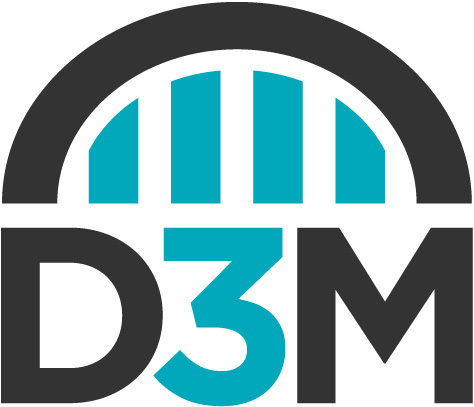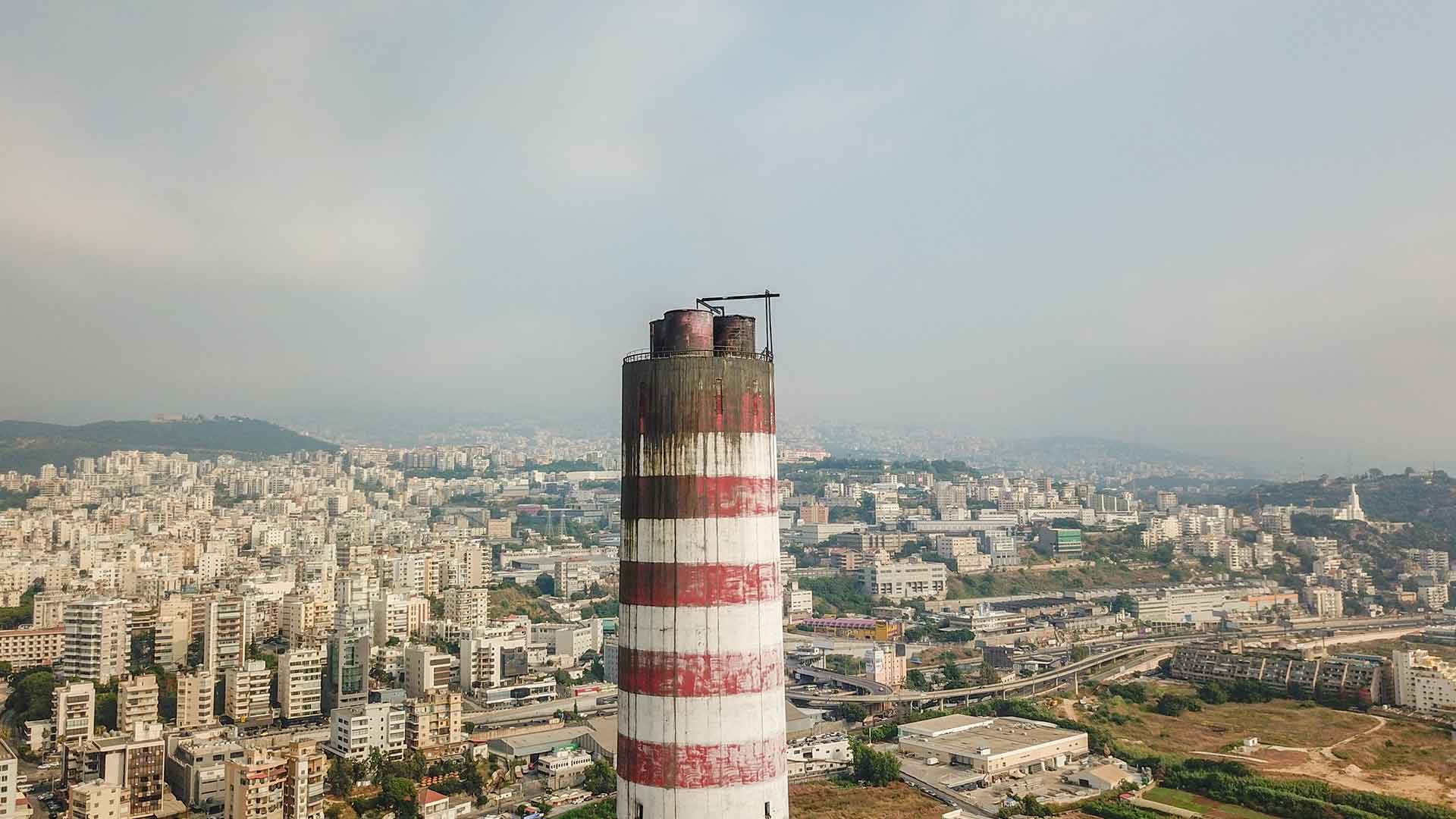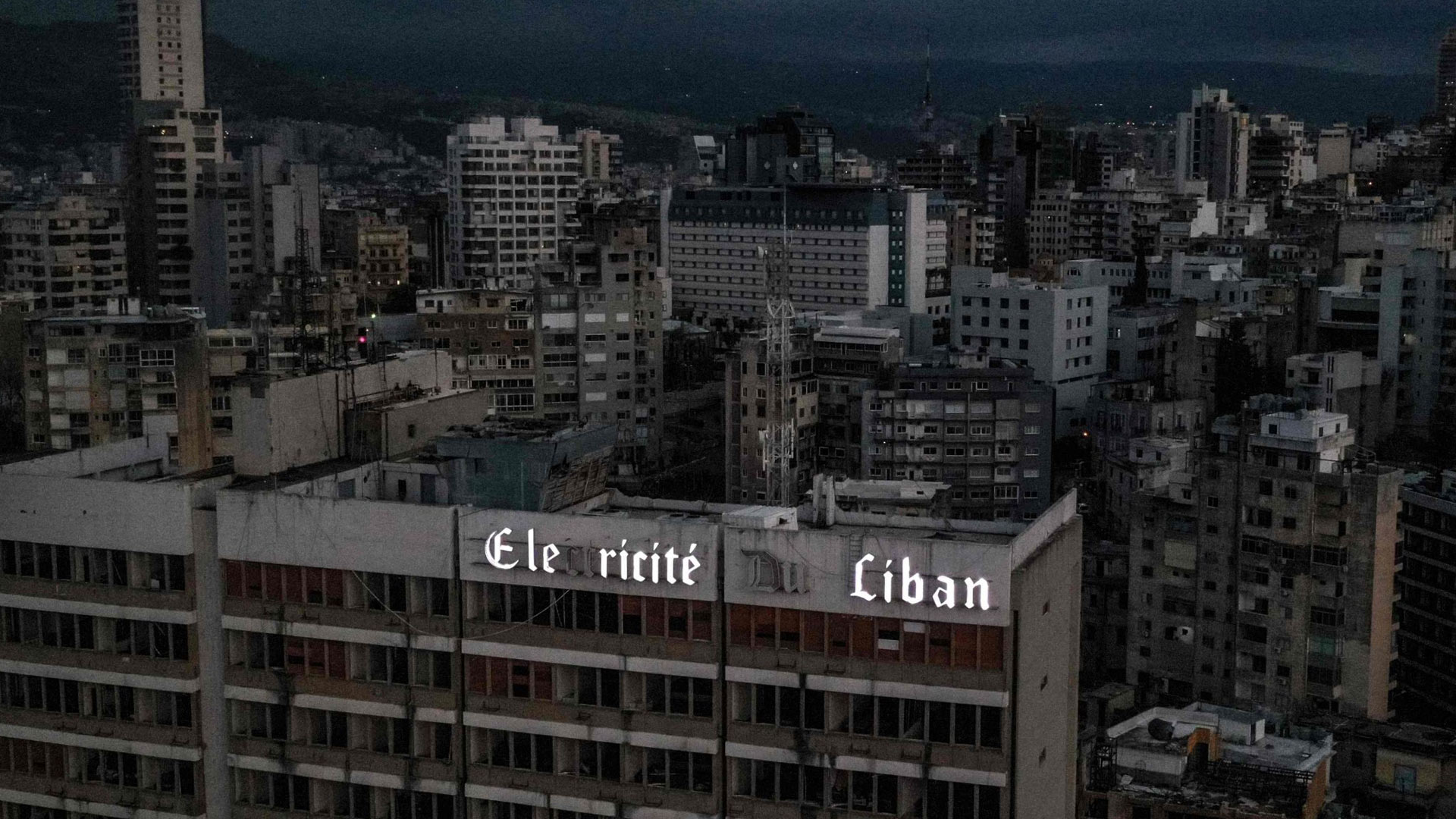The following talking points are drawn from research proposing a series of reforms to achieve financial and institutional recovery in Lebanon’s state-owned enterprises (SOEs).
NOTE ON CONTEXT
SOE reform, a priority consistently emphasised by the International Monetary Fund (IMF), will entail the overhaul of 22 public enterprises in Lebanon.1 Neglecting these structural issues will see Lebanese living conditions further deteriorate given the impact of the dire state of SOEs on the provision of public utilities. The most pressing SOEs in need of immediate reform include the public electricity provider, Électricité du Liban (EDL), alongside Ogero for telecoms landlines and the mobile operators, Alfa (MIC 1) & Touch Lebanon (MIC 2).
The following talking points are recommended:
TALKING POINT 1: Reject a ‘Sovereign Fund’
TALKING POINT 2: Implement Financial Reform Measures
TALKING POINT 3: Appoint and Empower Regulators
TALKING POINT 4: Reform Institutional Governance
TALKING POINT 1: Reject a Sovereign Fund
Key Message:
Contrary to what the Association of Banks in Lebanon (ABL) and the political establishment promote, privatisation is not a solution for underperformance or inefficiency in SOEs, especially under a ‘Sovereign Fund’. Instead, privatisation should only be considered in the context of a redesigned privatisation process, and on a case-by-case basis, after reform has been implemented in any given SOE.
- A ‘Sovereign Fund’, in any form, must be rejected. It relies on uncited financial valuations, uses public assets to cover losses incurred by the banks, and initiates privatisation before a sound regulatory environment exists.
- Instead, the Higher Council for Privatisation, supported by the relevant sector regulator, will lead the privatisation process.
- Privatisation must include clear objectives and rationale in the form of a legally binding document approved by parliament, a strong sector regulator, and an external audit and evaluation post privatisation.
TALKING POINT 2: Implement Financial Reform Measures
Key Message:
Without a published inventory of SOEs, Lebanon will not be able to reform its public sector or establish which entities are, in fact, ‘state-owned enterprises’. Audits of SOEs must then be conducted by an audit firm, vetted by parliamentary committees, and bolstered by the Higher Court of Audit, thereby settling valuation discrepancies.
- An inventory of SOEs in Lebanon must be conducted by the Higher Court of Audit to avoid potential SOE privatisation under the table.
- Conduct annual audits of each SOE to dispel ambiguity on valuations. Their current absence allowed ABL to value Lebanon’s SOEs for a ‘Sovereign Fund’ at an extortionately high US$40 billion, without any source for this estimation.
- Publish annual aggregate report covering organisational and financial information for all SOEs.
- A newly established risk management system will conduct periodic risk assessments for all SOEs.
TALKING POINT 3: Appoint and Empower Regulators
Key Message:
Regulatory reform is essential to counter the current concentration of ministerial authority over SOE policy. Regulators must be established for all SOE sectors, and regulatory board members must be subject to a rigorous vetting process led by selection committees of civil servants and experts. Once appointed, tariff-setting authority for SOE utilities will be transferred from ministers to the respective regulators.
- Regulators in Lebanon must be reinvigorated or established in law for all sectors with SOEs. Boards must no longer be nominated and appointed solely by the government. Nominees from the minister will be assessed by selection committees of civil servants, MPs, and relevant experts, and consequently voted on by parliament. Only then can the candidates be considered by the Council of Ministers.
- Regulatory board members will operate under strict conflict-of-interest measures, expertise requirements, and retain ring fenced funding protecting them from undue pressure.
- The power to set tariffs must be restored to regulatory boards, whose level of expertise and political independence makes them better equipped to design appropriate tariff methodologies than ministers.
TALKING POINT 4: Reform Institutional Governance
At present, SOE boards are a vital arena for sectarian and political patronage by ministers. As such, there are major governance and mismanagement concerns related to issues such as conflicts of interest and an absence of expertise. The appointment of SOE board members must integrate a greater number of checks and balances, and once appointed, SOE boards will be subject to strict enforcement of corporate governance measures.
- SOE board members will still be nominated by ministers, however, they must be vetted by both parliamentary selection committees and relevant regulatory boards, prior to appointment.
- Once appointed, SOE boards will be subject to enforcement of SOE corporate governance standards based on international best practice.
FOR MORE ON SOE REFORM SEE CORRESPONDING POSITION PAPER & POLICY PAPER
This paper was compiled with the support of the Friedrich-Ebert-Stiftung.




